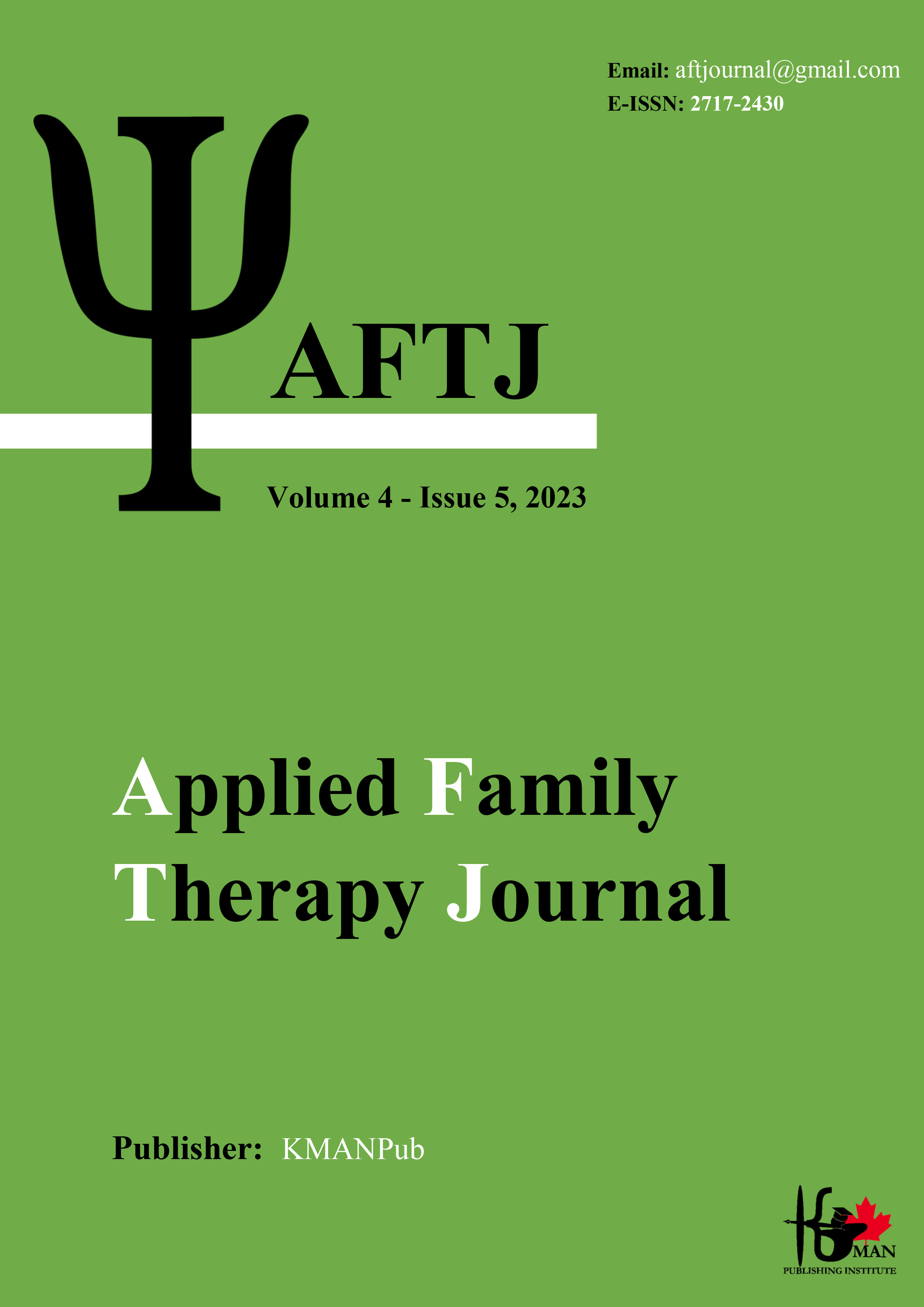Prediction of adolescent shame based on self-compassion and emotional regulation according to the mediating role of problem solving
Keywords:
positive and negative emotion regulation, self-compassion, problem solving, adolescent shamingAbstract
Aim: The present study was conducted with the aim of predicting adolescent embarrassment based on self-compassion and emotional regulation with regard to the mediator role of problem solving in adolescents aged 12 to 15 years in Tehran. Methods: In the form of a cross-sectional correlational design, 320 people (boys and girls) were selected from the teenagers of Tehran city by purposive sampling method, after collecting the data, 312 questionnaires could be analyzed. The participants were asked to answer standard questionnaires of emotion regulation by Granfaski et al. (2001), problem solving by Hepner and Patterson (1982), self-compassion by Neff (2003), and feelings of shame and guilt by Cohen et al. (2011). In order to analyze the data, Spss and Smart-PLS software were used. Results: The results showed that 65.9% of the changes in shame are caused by the changes in self-compassion and emotional regulation variables, and all the mentioned variables have a significant effect on shame (P<0.001). Also, the results related to the mediating role of problem solving showed that only negative emotion regulation through problem solving has an indirect effect on embarrassment with an intensity of 0.45 (P<0.001) and the two variables of positive emotion regulation and self-compassion through problem solving They do not have an indirect effect on shame (P>0.05). Conclusion: Based on the findings of the research, it can be concluded that the variables of self-compassion and emotional regulation have an effect on teenagers' shame and problem solving has a mediating role in the relationship between negative emotion regulation and teenagers' shame. Therefore, paying attention to these mechanisms can be useful in formulating effective preventive and therapeutic interventions for adolescents in dealing with adolescent embarrassment and depression symptoms.
Downloads
Downloads
Published
Issue
Section
License

This work is licensed under a Creative Commons Attribution-NonCommercial 4.0 International License.





















